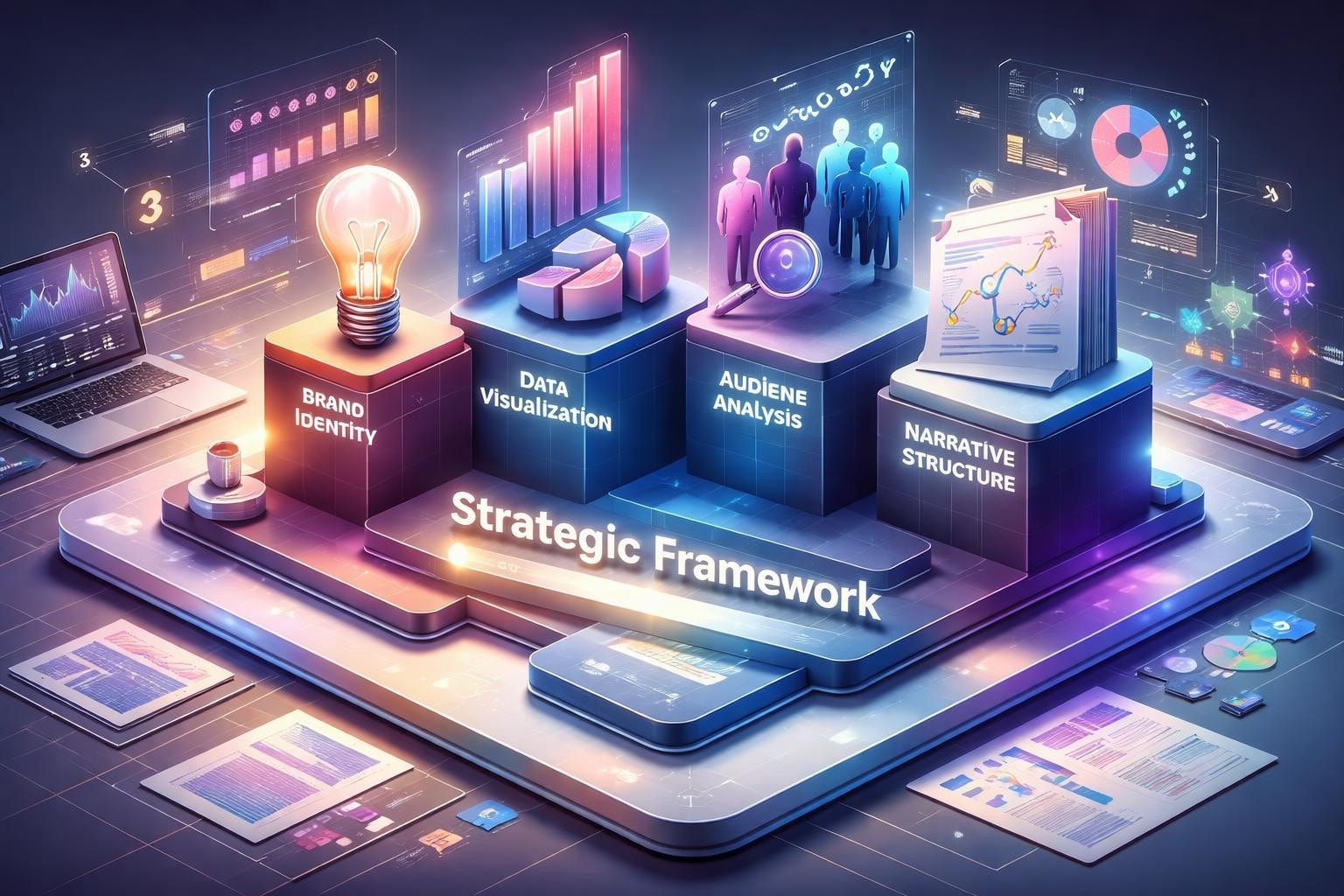Insights for Startup Founders from VC Activity in the Semiconductor Sector
Investment Focus Areas
Startup founders should note these VC firms' investment focus areas, which include semiconductor technology innovations, materials science advancements, energy efficiency improvements, and integration with emerging fields like IoT, AR/VR, and AI. Tailoring pitches and development efforts toward these focus areas can significantly enhance a startup's appeal to potential investors.
Investment Size and Stage
The investment range in the semiconductor sector is broad, from as low as $100K to over $50M, highlighting the need for startups to align their development stage and funding needs with the appropriate investor. Early-stage companies might find fertile ground with firms like Cantos Ventures and Fyrefly VC, whereas more mature startups may appeal to Sierra Ventures or Lightspeed Venture Partners for substantial funding rounds.
Strategic Support
VC firms offer more than financial investment; they provide strategic support, industry connections, and operational guidance. Founders should seek investors who contribute to strategic growth, market positioning, and scaling efforts, leveraging their deep understanding of the semiconductor landscape and robust networks to gain a competitive edge.
Geographic Focus
Although many investors are based in tech hubs like the San Francisco Bay Area, their investments are global. Founders outside these hubs should remain optimistic, as VCs increasingly scout for opportunities without geographical constraints. However, understanding investors' geographic preferences and operational reach is crucial for international startups seeking investment.

Insights from AI and IoT Startups
The journey of AI and IoT startups, including their post-mortems and discussions, offers valuable lessons for founders in the semiconductor sector:
- Mike Tamir, PhD, shared a post-mortem on a year of data science peer review in startups, touching on AI, Machine Learning, Deep Learning, and Data Science, from Mon Aug 23, 2021.
- A tweet from Tue Jan 09, 2024, discussed the unfortunate event involving the CEO of the startup Mindful AI Lab, highlighting the broader context of AI startups.
- Clement Vouillon provided insights from a post-mortem of a startup that attempted to build an AI-powered coding tool for developers, emphasizing the challenges and financial implications, from Mon Dec 19, 2022.
- A retweet by Reluctant Quant discussed a year of data science peer review in startups, related to machine learning, project management, peer review, data science, and AI, from Wed Jul 07, 2021.
These discussions underscore the importance of strategic alignment with investors who understand the semiconductor industry's intricacies and can offer the necessary support and resources to foster innovation and growth.
Conclusion
For startup founders in the semiconductor sector, choosing the right investors is about more than securing capital. It's about forming strategic partnerships that align with the startup's stage, goals, and the specific challenges of the semiconductor industry. Understanding the investment focus, strategic value, and operational strengths of potential VC partners can significantly influence a startup's trajectory and success in this highly competitive and technically demanding field.
To further explore this topic and enhance your presentation skills, consider reading related blog posts on PrzntPerfect:
- What Typical Questions Do VCs Ask After a Biotech Pitch Deck? understanding the typical questions VCs ask can turn this nerve-wracking experience into an opportunity to shine. So, let's dive into the world of biotech pitch decks and decode the minds of VCs.
- Presenting Complex Ideas: A Guide for Biotech Startups Part 1 this guide dives into the nuanced balance required to make sophisticated concepts accessible without diluting their novelty.
- Presentation Design Methodology: Understanding Complex Concepts this article explores how we understand complex ideas, focusing on two main ways: creating new knowledge or adopting others' ideas. It discusses the importance of presenting complex topics clearly, especially in presentations.

- This is some text inside of a div block.lay out the facts clearly and compellingly. Use data to establish the ground reality, but remember that facts alone are like the individual strands of a tapestry—necessary but not complete.lay out the facts clearly and compellingly. Use data to establish the ground reality, but remember that facts alone are like the individual strands of a tapestry—necessary but not complete.
- This is some text inside of a div block.lay out the facts clearly and compellingly. Use data to establish the ground reality, but remember that facts alone are like the individual strands of a tapestry—necessary but not complete.




